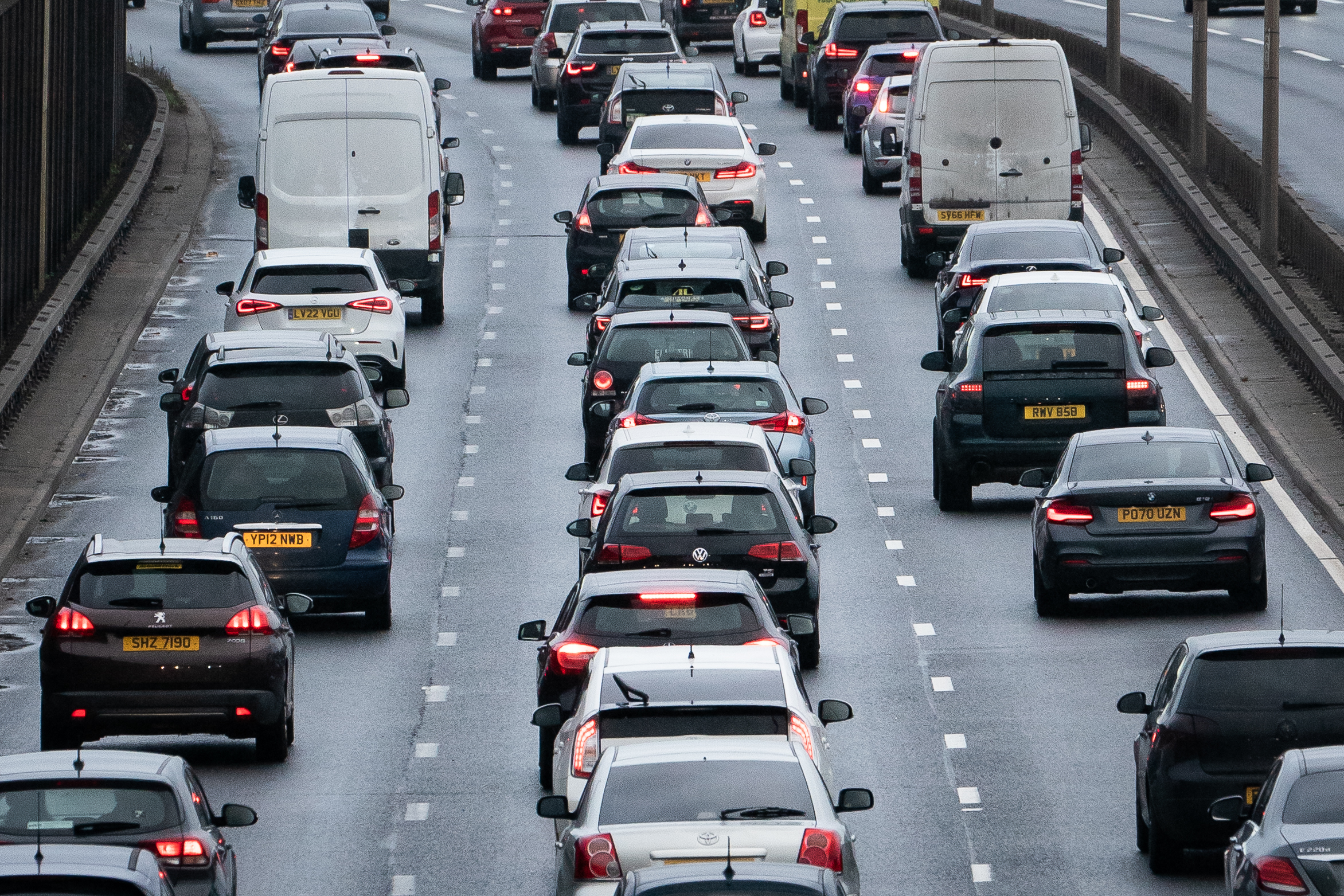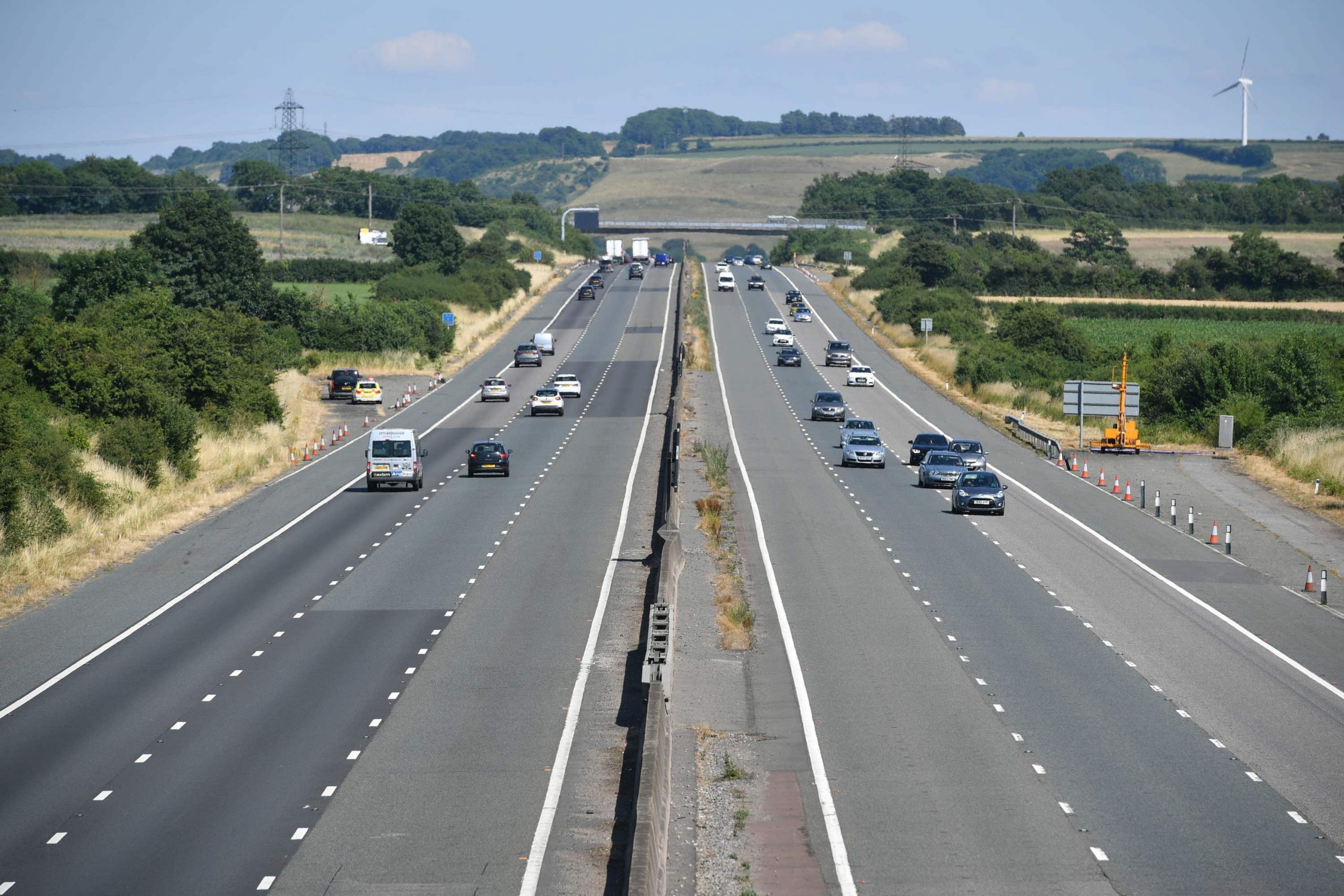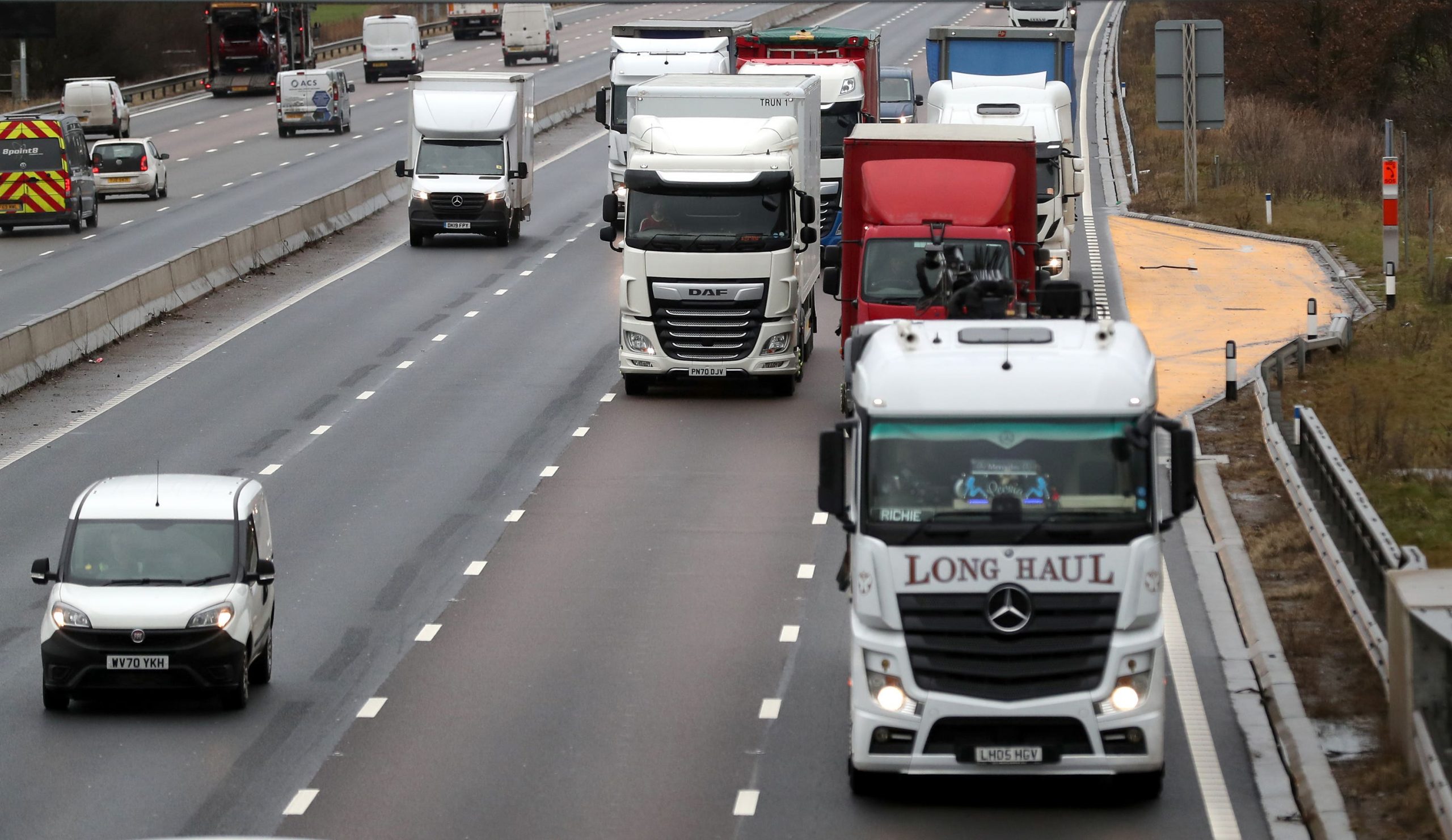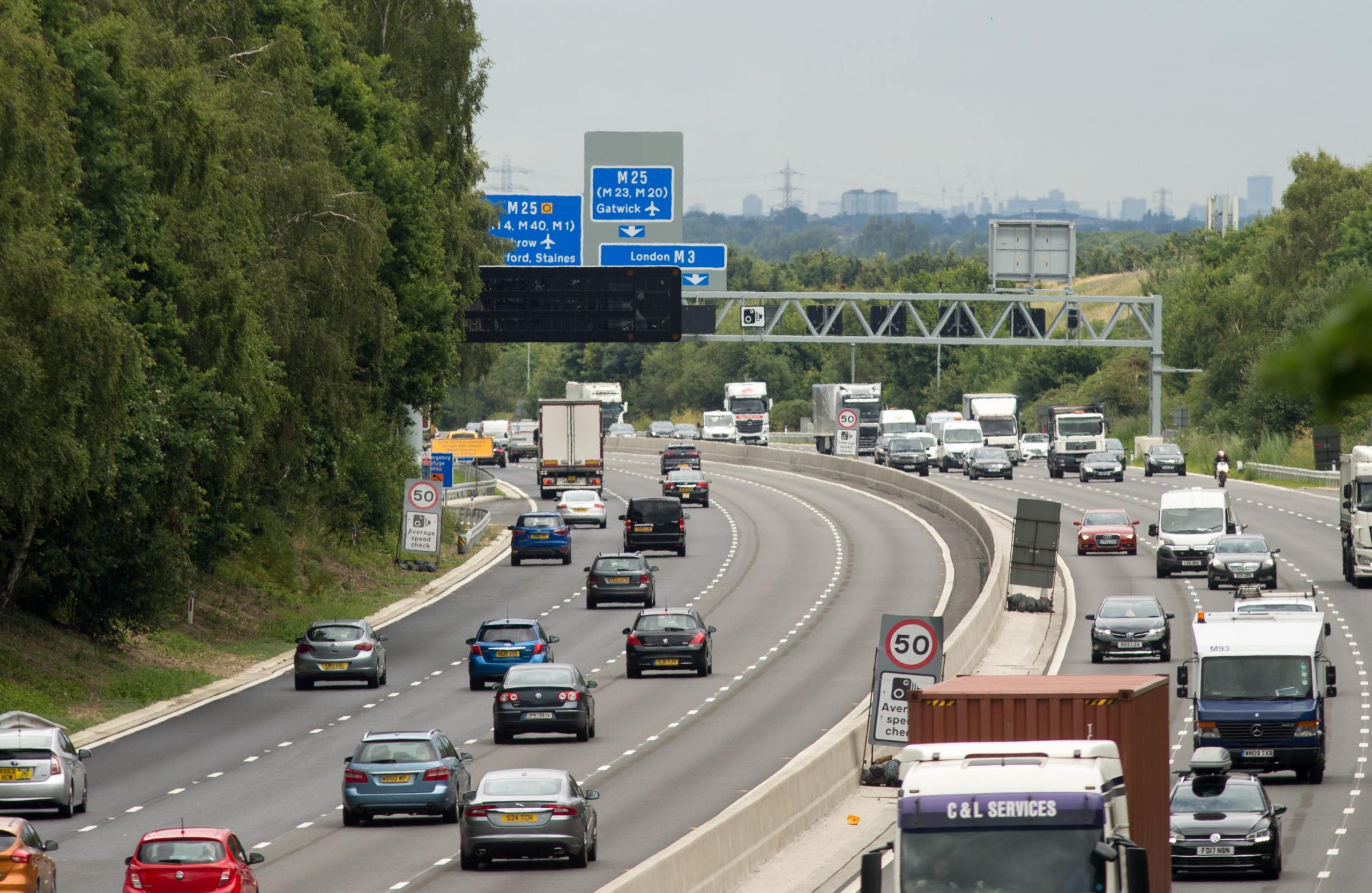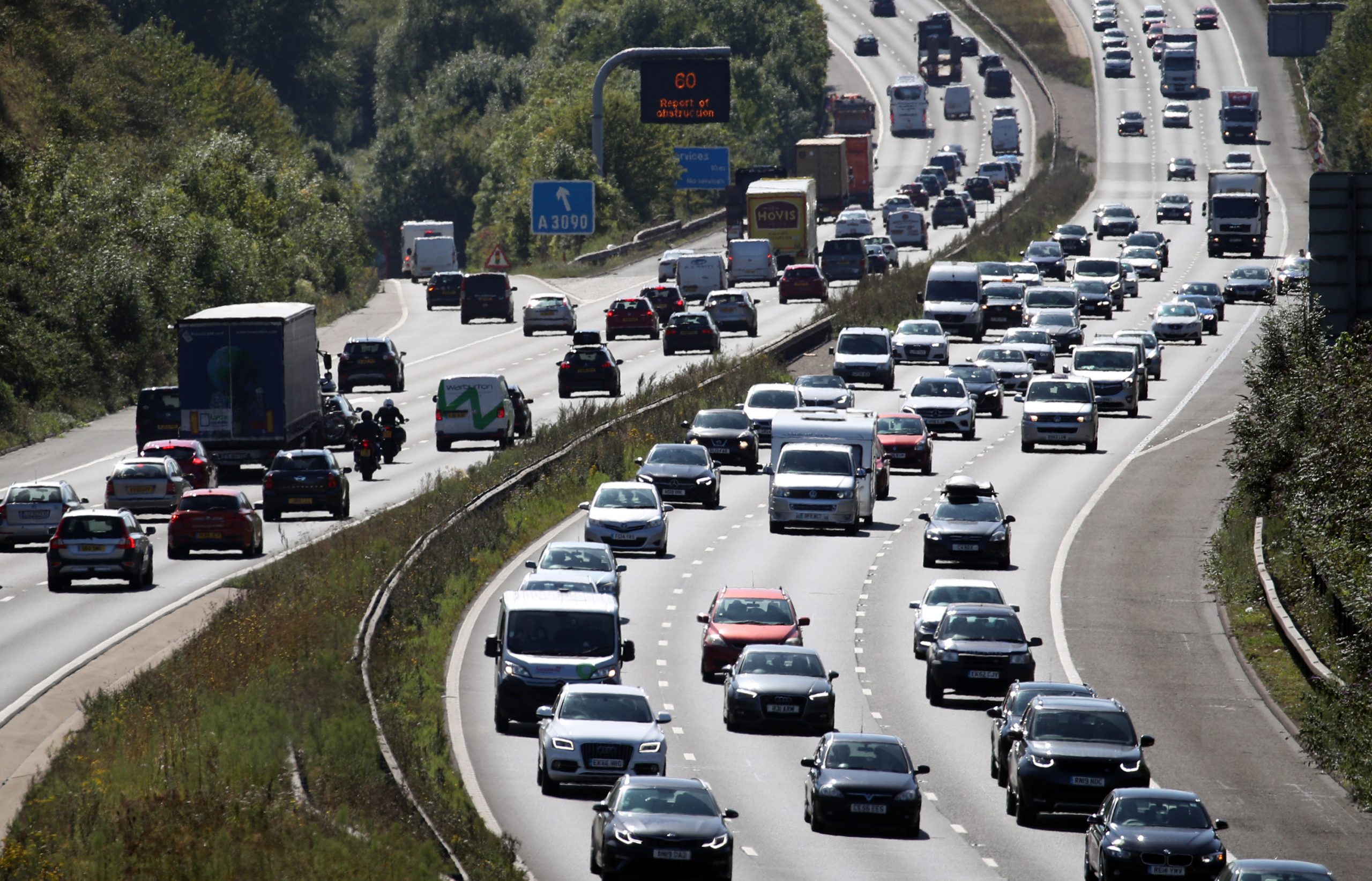Road congestion is expected to be worse during the upcoming early May bank holiday weekend than for the coronation.
The RAC estimated that 17.2 million leisure trips will be made by car in the UK between Friday and Monday, making it the busiest early May bank holiday weekend since 2016.
That is compared with 14.6 million for the coronation weekend.
The reduction in journeys is believed to be due to millions of people staying at home to watch the royal events on television.
Congestion could peak this Friday afternoon when drivers embarking on getaway journeys compete for road space with commuters.
Transport data company Inrix is warning of the potential for long delays on the M5 southbound between Junction 15 (Bristol) and Junction 23 (Taunton), as well as the M6 northbound from Junction 18 (Chester) to Junction 24 (Liverpool).
Drivers embarking on leisure trips on Friday are being advised to set off before 11am if possible – or wait until the evening – to have a better chance of missing the worst of the jams.
Pressure on the roads will be increased due to disruption to train services caused by Network Rail carrying out more than 600 engineering projects.
London Euston will be closed on Sunday, adding several hours to many long-distance journeys.
RAC Breakdown spokesman Rod Dennis said: “The weather might still be unseasonably chilly but this won’t stop drivers getting out and about over the double bank holiday weekends to make the most of some extra days off.
“While we’d expect more short breaks and day trips to the coast this coming weekend, when it comes to the coronation it’s likely major routes are less likely to be congested.
“The big variable, as always, is what happens with the Great British weather.
“If temperatures finally increase and the sun makes more of an appearance, we could well see many more people jumping in the car for a quick trip.
“In order to avoid any disappointment caused from cars letting their everyone on board down, we urge drivers to check tyres, oil and coolant levels as matters of priority before they hit the road.”
Inrix transportation analyst Bob Pishue said: “Travel times will likely peak on Friday afternoon with some areas seeing double the travel times as holiday travellers mix with commuters, but drivers should be prepared for added congestion throughout the holiday weekend.”

